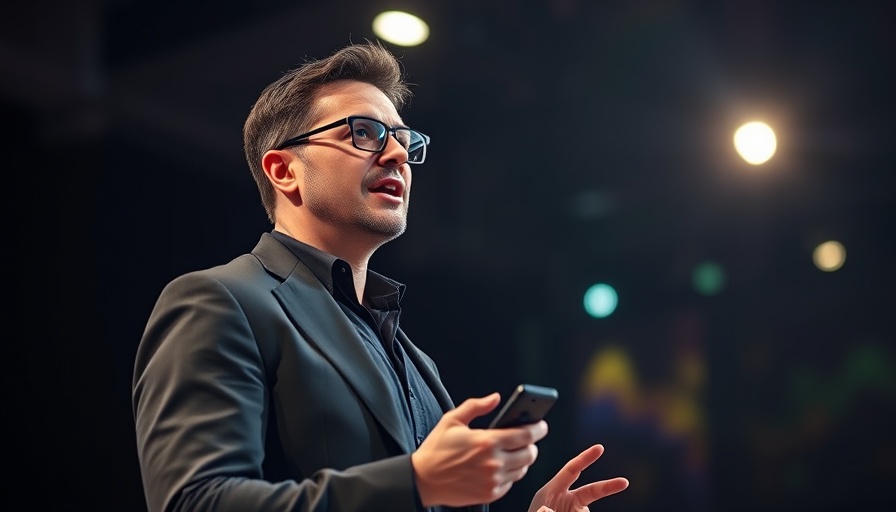
From Waste to Wonder: Transforming Pollution into Products
In a world increasingly aware of environmental issues, innovative solutions are turning our understanding of pollution on its head. Instead of viewing waste as merely refuse, scientists and entrepreneurs are finding ways to convert pollution into useful products. Imagine turning CO2 emissions into household items or transforming wastewater into fertilizer – that’s the exciting frontier being explored today.
The Science Behind Conversion
Researchers are developing groundbreaking processes to capture carbon dioxide and convert it into various chemicals like methanol, which is essential for fuel cells, or urea, crucial in fertilizers and industrial applications. This innovative approach not only reduces harmful emissions, but also creates valuable resources from what was previously regarded as a negative byproduct.
Wastewater: A Treasure Trove of Nutrients
Did you know that the wastewater we flush away is rich in nutrients? It contains phosphorus and nitrogen, vital for crop growth. Scientists are working on recovery techniques that allow us to extract these nutrients and return them to agricultural land. In this way, wastewater treatment plants could not only clean water but also become hubs for sustainable nutrient production.
Phytoremediation: Nature’s Cleanup Crew
Another exciting innovation is the use of plants for cleaning up contaminated land. Through a process known as phytoremediation, certain plants can absorb heavy metals and pollutants from the soil, effectively cleaning it while being converted into biomass. This biomass can then be processed to reclaim essential metals for industrial use, such as rare earth elements, making it both an environmental and economic boon.
Community Impact: What San Diegans Can Do
For residents of San Diego, understanding these methods becomes even more relevant as the city grapples with its own environmental challenges. Consumers can support local organizations and initiatives focused on sustainability and waste reduction, driving demand for products created from previously polluted materials. Engaging in community clean-ups and supporting local recycling efforts not only helps the environment but builds community awareness and resilience.
The Future Is Bright: Trends in Sustainable Innovation
As we look toward the future, the exciting developments in waste conversion pave the way for numerous opportunities. Imagine a world where every household product has a story of transformation from pollution, where sustainability is intertwined with our daily lives. Innovations in this space will not only contribute to healthier ecosystems but also foster new local industries.
So, as you head to the store next time, think about the science of sustainability. Your choices can support a brighter future – one where pollution is transformed into products that enhance our lives.
 Add Row
Add Row  Add
Add 




Write A Comment